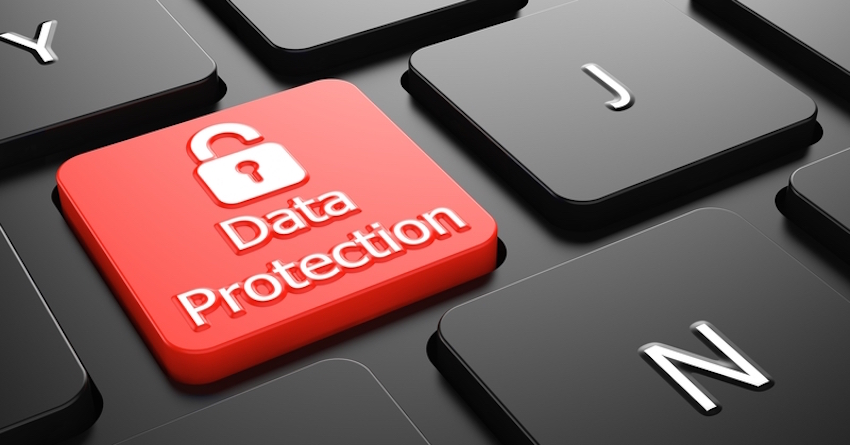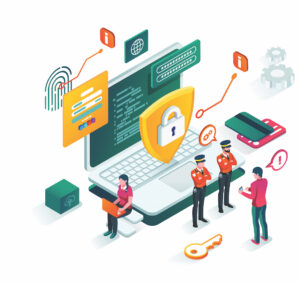
Data Protection Tips for Businesses & Individuals
The Internet has revolutionized the world of data and information. In this 21st century, we generate data and consume data like any valuable commodity. Data is a valuable asset and, as such, attracts liabilities and obligations to keep it safe and preserve its values.

Data are facts and figures which serve as the building block of information. When data are grouped and set in a context, they provide helpful information. Examples of data are names, addresses, phone numbers, bank accounts number, NIN, population figures, customer preferences, etc.
Government agencies also collect data such as National Identification Number, Bank Verification Number, details of transactions for FIRS, Population census, etc., for regulatory, policy, and planning purposes.
Many SMEs and individuals collect and keep data in a way that may be vulnerable to data breaches and hacks.
According to Sophos, a British Software and Hardware company, Nigeria ranked 8th amongst nations susceptible to a data breach.
Therefore, it is essential to highlight the basics of Data protection that everyone should follow.
Data protection is a set of strategies and processes to ensure data are collected, processed, and stored securely. Data protection involves data security and data privacy.
The following vital principles are internationally approved guidelines for data protection:
- Lawfulness, fairness, and transparency
- Purpose limitation
- Data minimization
- Accuracy
- Storage Limitation
- Integrity and confidentiality
- Accountability
The cardinal principle is to collect minimal data for a specific purpose or transaction and must be handled in line with the above guiding principles.
For instance, data collected in a hospital must be relevant to health matters and not financial issues, and only minimal data that is sufficient must be collected.
Individuals and SMEs can take the following steps to secure their data and ensure privacy.
- Encrypt your data
- Backup your data
- Password your wireless device
- Turn off your computer when you are done for the day.
- Use a stronger password or passphrase.
- Configure application privacy setting
- Be mindful of the use of a GPS locator.
- Set your device to lock after a period of inactivity automatically
- Minimize Personally Identifiable Information you submit online or in stores.
- Watch out for impersonators on social media.
- Get rid of old data that is no longer needed.
- Be careful when entering your ATM card PIN.
- Sign up for an email alert and use the same email for all your transactions. An email may be for banks, while another email is for taking business orders.
- Separate business phones from personal phones
- Do not install all Bank applications on the same phone. Some bank accounts should only be accessed via a web browser.
- Shop on familiar websites
- Don’t share too much information on social media.
- Customize your social media privacy settings
- Know who your friends are, and don’t save everyone’s number
- Use two-step authentication
- Don’t forget to sign out.
- Avoid clicking on links in emails.
- Avoid settling transactions over public wifi.
Where data breach is suspected, immediately change your password and request a new ATM where applicable. If your phone is stolen, contact your bank immediately to block your account to prevent fraudsters from using the USSD code to access your fund.
In conclusion, we are in the era of big data and increasing cyber threats. Businesses and individuals need to be intentional about their digital footprints and take the necessary steps to prevent data theft and reputation damage.

Very helpful and insightful writing. We all need this. Thank you